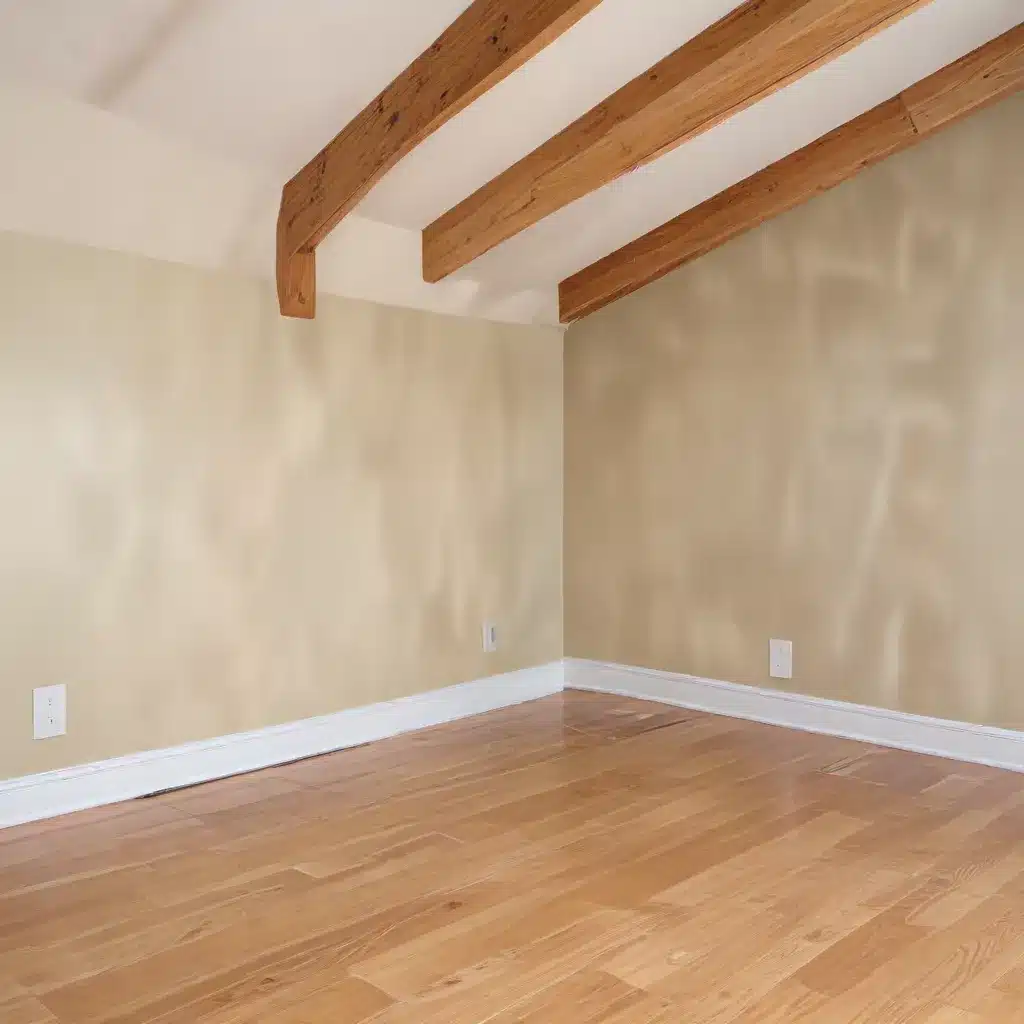
Understanding the Importance of Indoor Air Quality
Indoor air quality (IAQ) is a critical concern for homeowners and renters alike. Poor indoor air quality can lead to a range of health issues, from respiratory problems to long-term chronic conditions. As a seasoned expert in wood stoves and heating solutions, I understand the important role that proper ventilation, maintenance, and sustainable heating methods play in maintaining healthy indoor air.
Indoor pollutants such as radon, mold, and secondhand smoke can have significant impacts on human health. Exposure to these contaminants has been linked to an increased risk of lung cancer, asthma, and other respiratory ailments. Addressing these IAQ concerns through proactive regulations and homeowner education is essential for protecting the well-being of individuals and families.
Regulatory Approaches to Improving Indoor Air Quality
Across the United States, various states and local governments have implemented policies and regulations aimed at addressing indoor air quality in rental properties and residential settings. These measures often focus on three key areas: radon, mold, and secondhand smoke.
Radon Regulations
Radon is a radioactive gas that can enter buildings through cracks and openings in the foundation. Exposure to elevated radon levels is the leading cause of lung cancer among non-smokers. Some states, such as Maine, Illinois, and Colorado, have enacted laws requiring landlords to test for and disclose radon levels in rental properties. This allows tenants to make informed decisions about their living environment and take necessary steps to mitigate high radon levels.
Additionally, a few local governments, like Iowa City, Iowa, and Montgomery County, Maryland, have adopted ordinances that mandate radon testing and mitigation in rental housing. By establishing clear requirements for radon testing and remediation, these policies help protect tenants from the health risks associated with this invisible, yet dangerous, indoor pollutant.
Mold and Dampness Regulations
Exposure to mold and dampness in the home can trigger a range of respiratory issues, including the development and exacerbation of asthma. Several states have taken steps to address this problem by explicitly requiring landlords to prevent and address mold or dampness conditions in rental properties.
For example, California, Washington, and other states have incorporated mold and dampness provisions into their housing codes or landlord-tenant laws. These regulations obligate property owners to maintain their rental units free of mold and dampness, and to promptly remediate any such issues that arise. By establishing clear responsibilities for landlords, these policies help ensure that tenants have access to healthy living environments.
Secondhand Smoke Regulations
Secondhand smoke exposure is a significant concern in multi-unit housing, as smoke can drift between units and expose non-smoking residents. To address this, some states have enacted laws prohibiting smoking in the common areas of multi-family buildings, while a few municipalities have gone further by restricting or banning smoking within individual rental units.
At the federal level, the U.S. Department of Housing and Urban Development (HUD) has implemented a rule requiring public housing agencies to adopt smoke-free policies. While these regulations do not directly apply to privately owned rental properties, they demonstrate the growing recognition of the need to protect tenants from the harmful effects of secondhand smoke.
Empowering Homeowners and Renters
In addition to regulatory approaches, educating homeowners and renters on indoor air quality issues is crucial for promoting healthier living environments. Organizations like the Environmental Law Institute (ELI) have developed valuable resources, such as the “ELI’s 2017 Indoor Air Quality Guide for Tenants,” which provides a starting point for individuals to learn about IAQ and their rights as renters.
These educational materials cover a range of topics, including:
- Identifying and addressing mold and dampness issues
- Understanding radon testing and mitigation
- Navigating landlord-tenant laws related to IAQ
- Strategies for reducing secondhand smoke exposure
By empowering homeowners and renters with knowledge and resources, we can help them take proactive steps to improve the indoor air quality in their living spaces. This includes understanding their rights, learning about effective remediation techniques, and advocating for better policies and enforcement mechanisms.
The Role of Wood Stoves and Sustainable Heating
As an expert in wood stoves and heating solutions, I understand the important balance between indoor air quality and efficient, sustainable home heating. Properly installed and maintained wood stoves can provide a clean, renewable heating source, but they also require careful attention to ventilation and emissions control.
Homeowners and renters should consider the energy efficiency and emissions ratings of any wood stove or fireplace they use, and ensure that these appliances are installed and operated in accordance with manufacturer instructions and local building codes. Regular maintenance, such as chimney cleaning and ash removal, is also crucial for maintaining optimal indoor air quality.
In addition to wood stoves, other sustainable heating methods, such as heat pumps, solar heating, and geothermal systems, can offer alternatives that minimize indoor air pollution while providing efficient and eco-friendly warmth. By exploring these options, homeowners and renters can make informed choices that prioritize both comfort and indoor environmental health.
Conclusion
Addressing indoor air quality concerns is a multifaceted challenge that requires a combination of regulatory oversight, homeowner education, and sustainable heating solutions. By understanding the health risks associated with indoor pollutants like radon, mold, and secondhand smoke, and by advocating for stronger policies to protect tenants and homeowners, we can work towards creating healthier living environments for all.
As a seasoned expert in wood stoves and heating solutions, I encourage homeowners and renters to stay informed, be proactive in maintaining their living spaces, and explore clean, efficient heating options that support both comfort and indoor air quality. By working together, we can ensure that every home is a safe, healthy haven for its occupants.



